I have this RegEx:
('.+')
It has to match character literals like in C. For example, if I have 'a' b 'a' it should match the a's and the ''s around them.
However, it also matches the b also (it should not), probably because it is, strictly speaking, also between ''s.
Here is a screenshot of how it goes wrong (I use this for syntax highlighting):

I'm fairly new to regular expressions. How can I tell the regex not to match this?